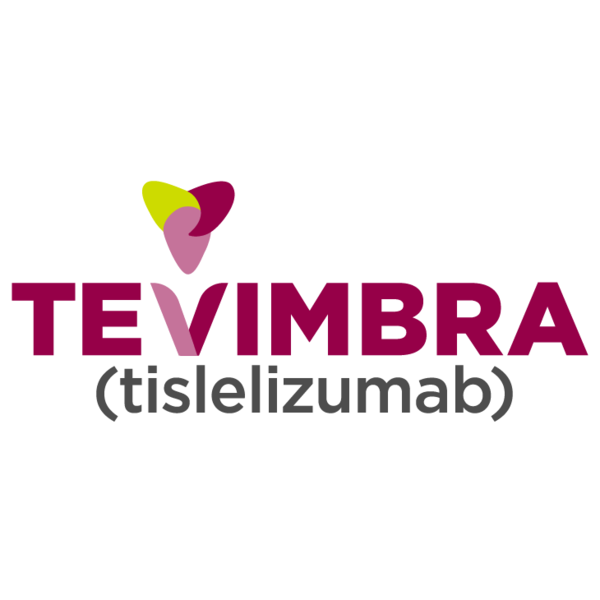Tevimbra (tislelizumab), an anti-PD-1 immunotherapy developed by BeiGene, has begun the process of seeking reimbursement in Korea.

BeiGene's stance of supplying innovative new drugs at reasonable prices is drawing attention to whether it could alleviate the growing financial burden caused by high-priced drugs, including Keytruda (pembrolizumab), according to industry sources.
BeiGene Korea has reportedly submitted a benefit application for Tevimbra to the Health Insurance Review and Assessment Service (HIRA) recently.
Its indication is esophageal squamous cell carcinoma (ESCC), as approved by the Ministry of Food and Drug Safety (MFDS) last November. That means the company attempts to get insurance coverage immediately after winning approval.
Keytruda and Opdivo, immuno-oncology drugs with the same mechanism of action, are also indicated for treating first- and second-line esophageal cancer. However, no immuno-oncology drugs have been reimbursed.
Last year, MSD Korea applied for expanding reimbursement for Keytruda’s 13 indications, and the review for reimbursement suitability for “first-line treatment of advanced esophageal cancer” is underway. However, it has been pending at the Cancer Disease Review Committee for over half a year.
Tevimbra is the only immuno-oncology drug to apply for reimbursement for the “second-line treatment of advanced esophageal cancer.”
The arrival of Tevimbra is good news for patients and the health authorities struggling with expensive drugs, some analysts said, citing the drug pricing strategy that BeiGene has advocated since its founding.
In other words, BeiGene aims to supply innovative new drugs at reasonable prices. For instance, Brukinsa (zanubrutinib) is cheaper in Korea, even though it has proven superior to Janssen's Imbruvica (ibrutinib).
Four anti-PD-1 immuno-oncology drugs have been approved in Korea: Keytruda, Opdivo, Libtayo (semiplimab), and Tevimbra. Tecentric (atezolizumab), Imfinzi (durvalumab), and Bavencio (avelumab) are also anti-PD-L1 immuno-oncology drugs with similar mechanisms, but anti-PD-1 antibodies dominate immuno-oncology prescriptions in Korea.
In Korea, Sanofi's Libtayo was approved for skin cancer in 2022, but there are no plans to launch it, making Tevimbra the first anti-PD-1 drug to enter the market to compete with Keytruda and Opdivo.
Tevimbra is also under review by the U.S. Food and Drug Administration (FDA) for the first-line treatment of advanced esophageal cancer. In the phase 3 RATIONALE 306 study (NCT03783442), Tevimbra, combined with chemotherapy, improved overall survival (OS) and reduced the risk of death by 34 percent compared to chemotherapy alone (17.2 months vs. 10.6 months), and a decision is expected in the second quarter of this year.
If Tevimbra is approved in Korea for the first-line treatment of esophageal cancer, competing on the same playing field as Keytruda and Opdivo, the existing anti-PD-1 immunotherapies will likely face further price cut pressure, the sources said.
Related articles
- Concern became a reality as Keytruda’s coverage expansion stalls
- Enhertu moves closer to insurance coverage by passing drug-reimbursing panel
- Cancer panel approves Padcev but puts off Keytruda’s indication expansion
- Biliary tract cancer patients can now use Imfinzi at their own expense
- Based on improved global status, BeiGene targets US market in earnest
- Korea's health insurance panel denies coverage for new cancer drugs
- BeiGene's anticancer drug Brukinsa to get expanded insurance coverage

